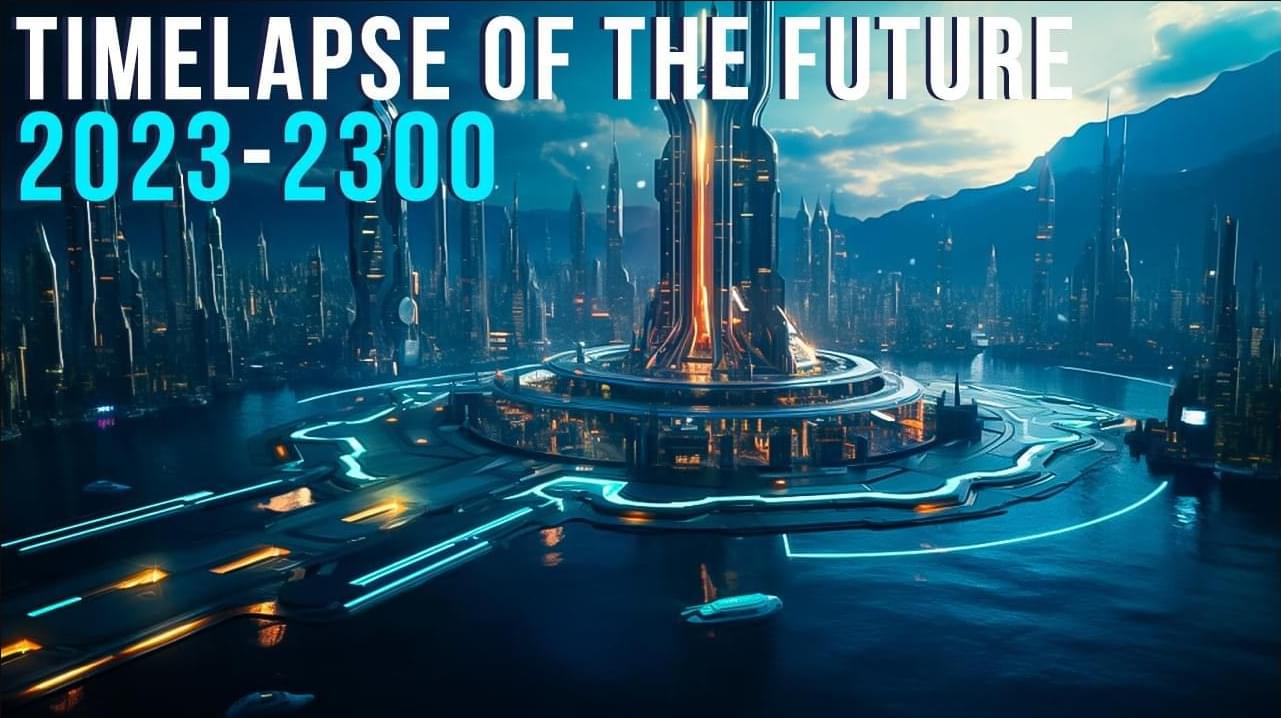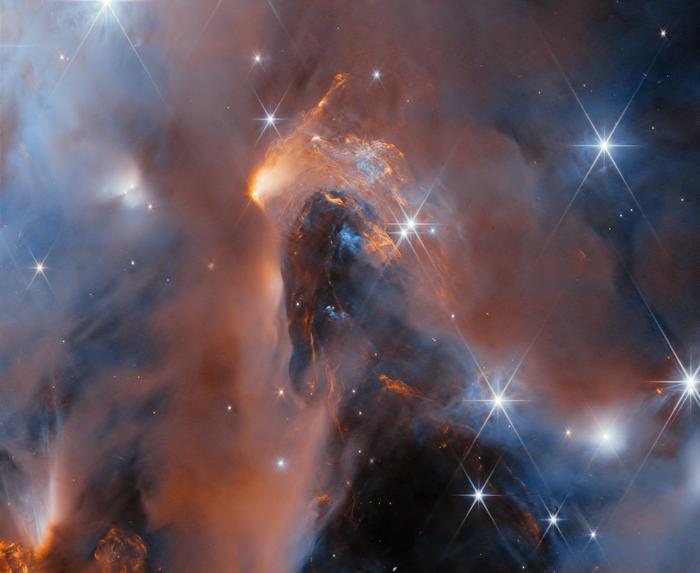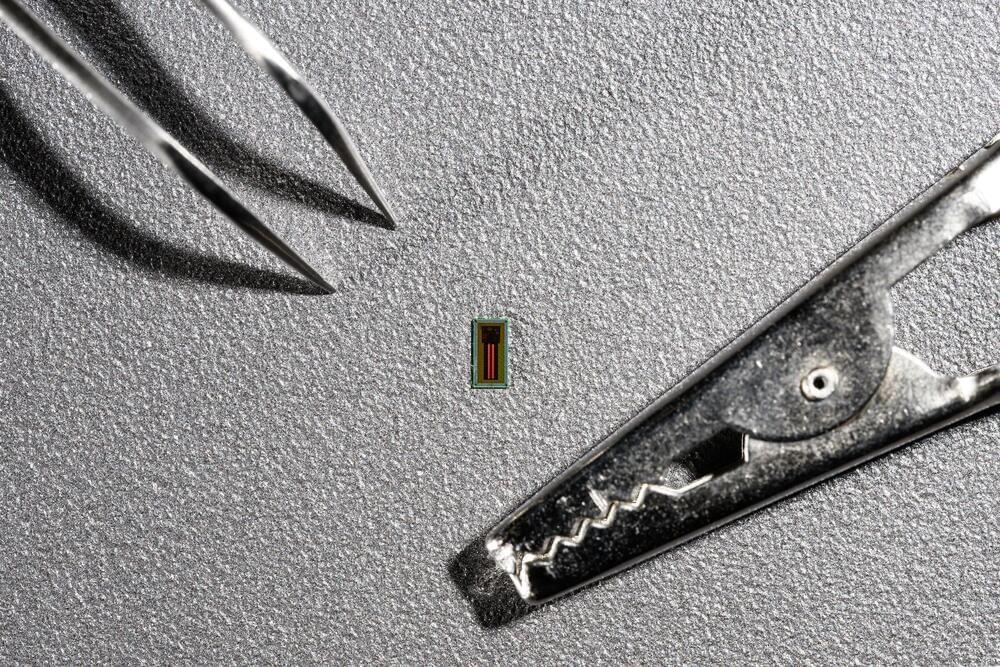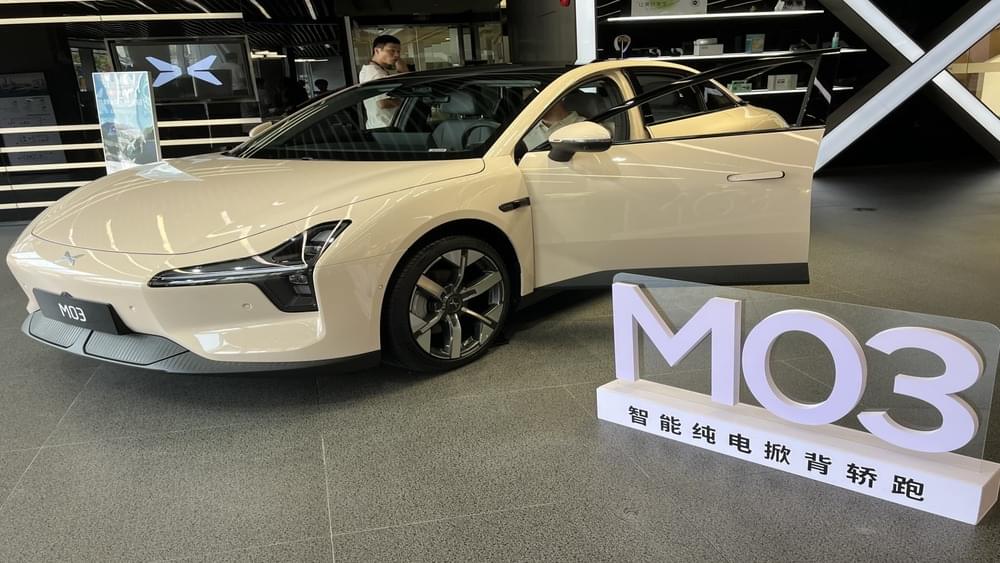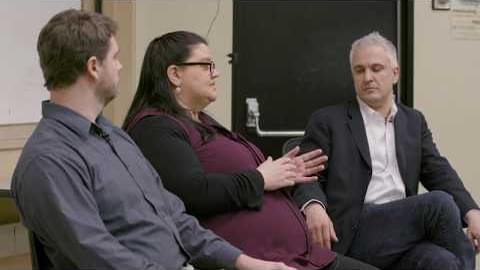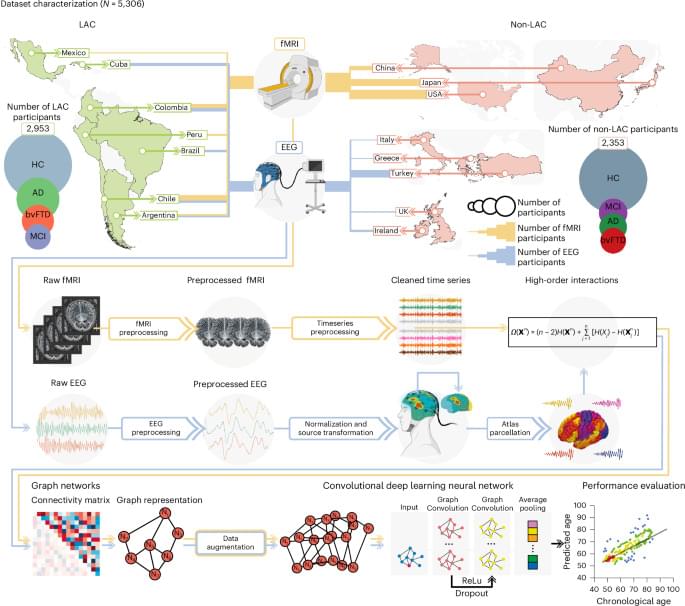Aug 27, 2024
SpaceX Starship Flotillas Could Outrace NASA To Create Moon Base Alpha
Posted by Genevieve Klien in categories: habitats, space travel
SpaceX, with its rapidly expanding squadron of Starship rockets and super-capsules, looks poised to dominate the creation of humanity’s first base camp on the Moon.
As it ramps up producing Starship upper stages that can double as Moon-orbiting space stations or as spectacular lunar resorts, SpaceX is positioned to speed past NASA’s plans for Spartan astronaut habitats on the orb’s South Pole.
Continue reading “SpaceX Starship Flotillas Could Outrace NASA To Create Moon Base Alpha” »

